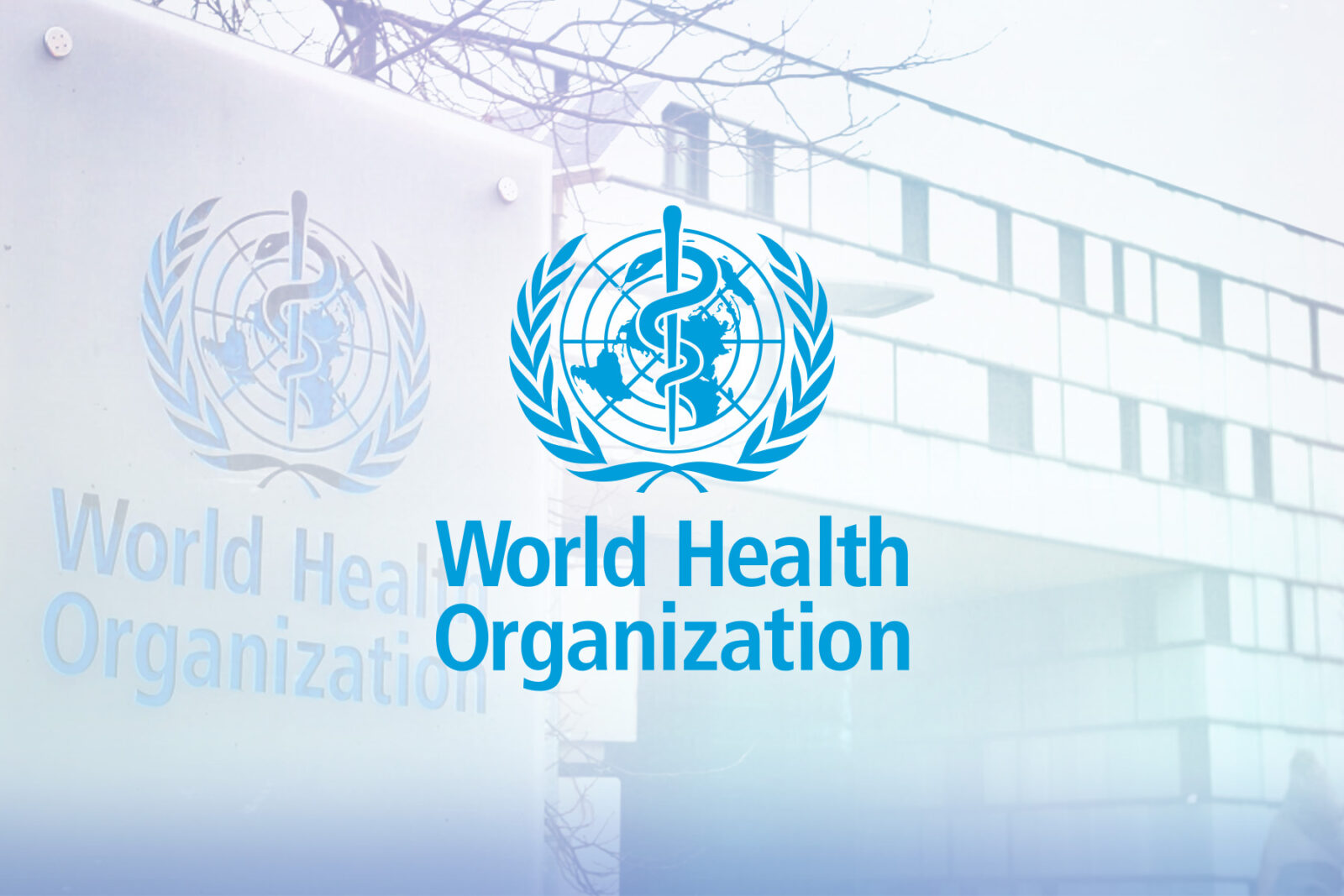WHO: PH must address rising HIV cases

Cases of human immunodeficiency virus (HIV) infections in the Philippines have increased by sixfold in a span of 14 years, highlighting the need to accelerate progress on disease prevention, according to the World Health Organization (WHO).
During a side event at the 76th session of the WHO Regional Committee for the Western Pacific coorganized by the Joint United Nations Programme on HIV/AIDS (UNAIDS), three countries were noted to have “sharp increases” in new HIV infections—Fiji, the Philippines and Papua New Guinea.
In the Philippines, long considered among the “fastest-growing HIV epidemics in the Western Pacific region,” the number of new infections rose by 562 percent from 2010 to 2024.
WHO noted in a press release on Wednesday that the increase in HIV cases was “concentrated primarily among young men who have sex with men,” and have been linked to “chemsex practices” or the use of drugs before or during intercourse.
Delayed diagnosis and low antiretroviral treatment coverage were also among the factors causing the continued rise of HIV infections in the country. According to the WHO, the estimated antiretroviral treatment coverage of people living with HIV in the Philippines was at 40 percent in 2024.
“HIV remains a priority public health challenge in the Western Pacific,” it said. “The region faces a prevention crisis with overall new infections reduced by just 11 percent since 2010.”
WHO noted that the increase of HIV infections in countries such as Fiji, Papua New Guinea and the Philippines has “further compromised” the regional health security in the Western Pacific.
It also stressed that “the overlap of HIV and substance use requires urgent action,” noting that the lack of harm reduction services alongside punitive drug laws hinders effective responses against drug use.
Recommendations
To address the increase of HIV cases, it recommended tackling stigma and discrimination, which continue to prevent people from getting tested, improving access to essential services and treatment and including HIV under universal health-care coverage.
WHO also noted the importance of providing options for pre-exposure prophylaxis or PrEP, which is the use of an antiretroviral medication by people without HIV to reduce their risk of acquiring the disease.

















